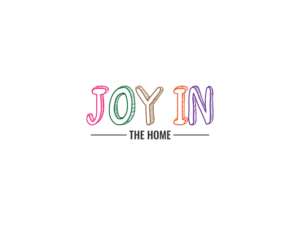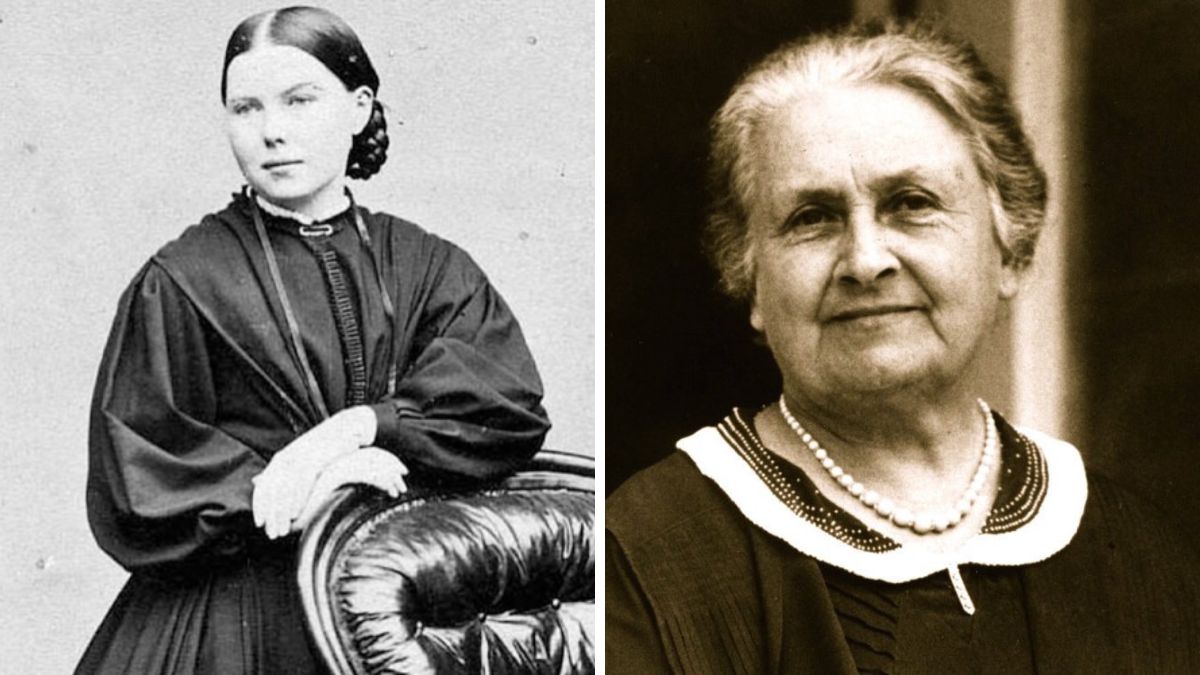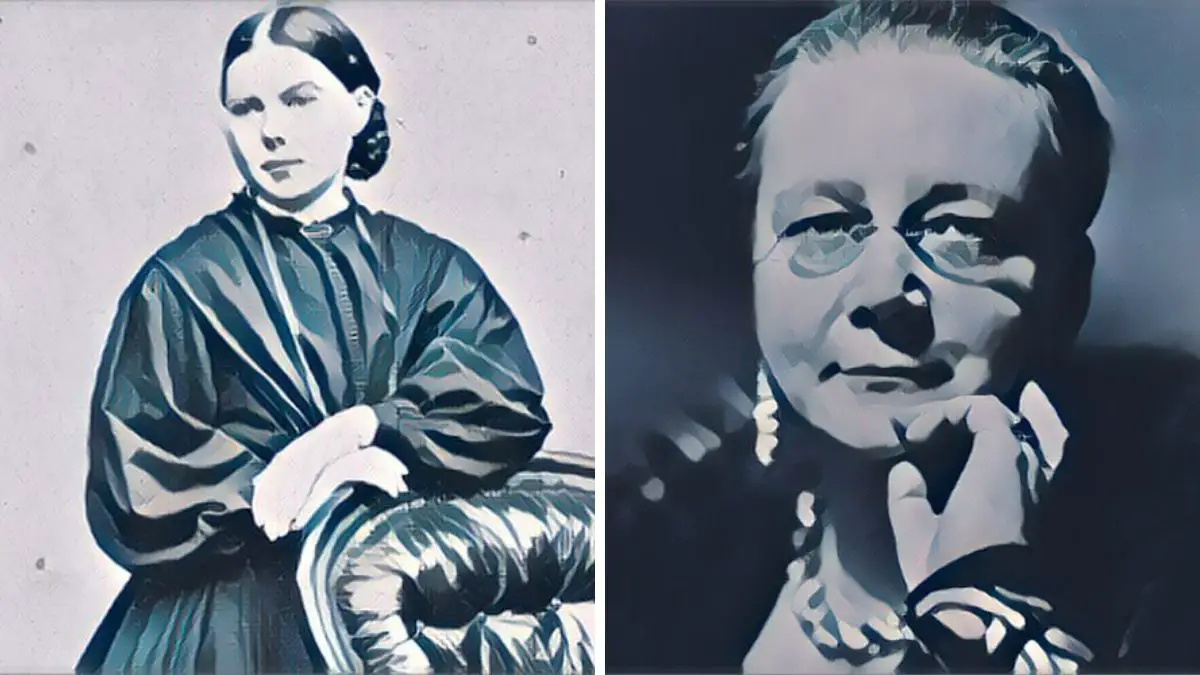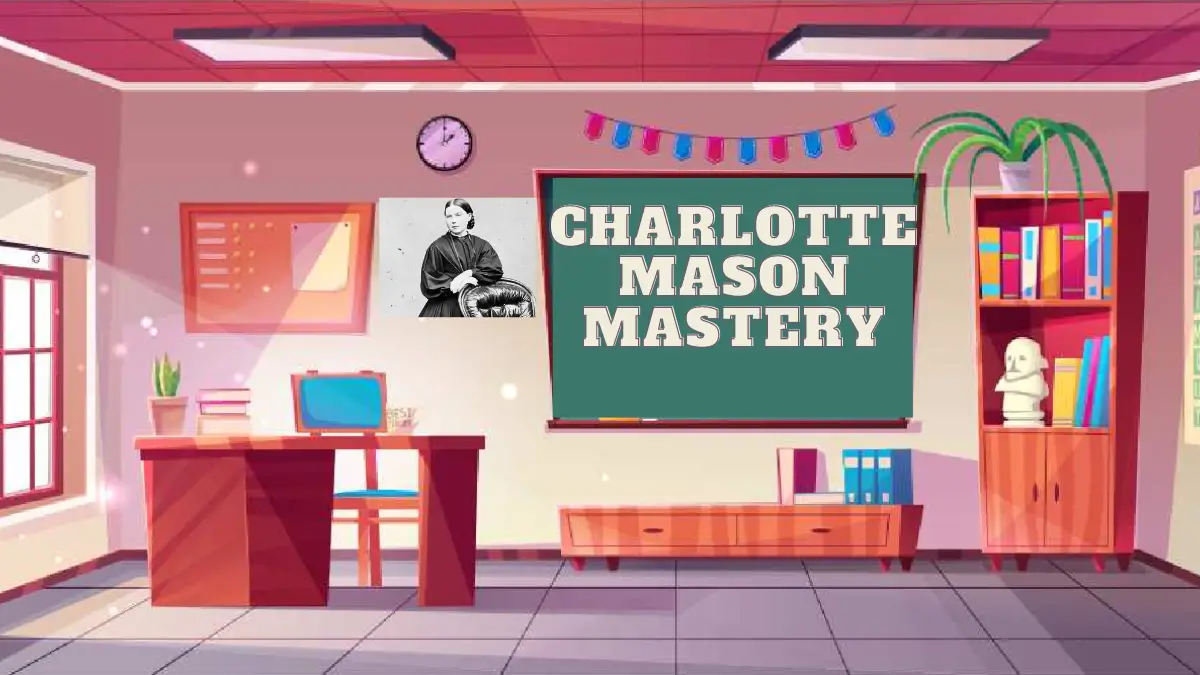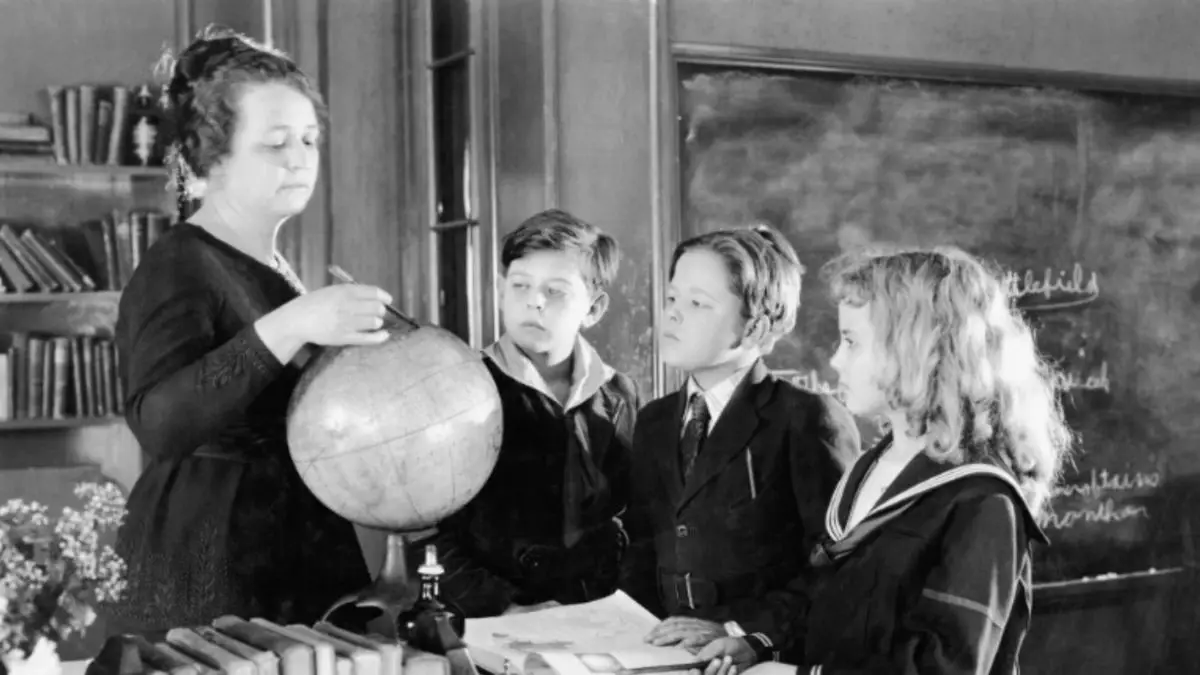Educational theories abound, and you can get lost in all the details when considering homeschooling your kids. Two common educational styles are Charlotte Mason and Montessori.
These two styles can seem quite similar, and there is some overlap, but they are two distinct methods that yield significant benefits for parents and children.
So which one is best for you and your family? I wrote this blog post about these two exciting teaching and learning methods to give you a good picture of what they are.
Shall we get started?
Charlotte Mason Method
Charlotte Mason was a British educator who worked in the late 1800s and early 1900s. Her method of teaching and philosophy was derived from the idea that children are people, made in God’s image, and it is the job of the educator to guide and mold them by creating an atmosphere of learning.
Mason felt that children were fully capable of understanding big ideas and deep principles, and education that focused merely on facts fell short of what young children were capable of knowing.
Charlotte Mason education focuses on high-quality literature that Mason called “living books.” Living books are more than just entertaining stories. These books encourage children to think deeply about the world.
History and science are integrated into these readings, emphasizing Biblical knowledge.
The natural world is studied through hands-on learning and spending as much time outdoors as possible.
Charlotte Mason learning is meant to emphasize and encourage a sense of wonder, particularly about nature and the scientific principles God put in place to make the world work.
Art, poetry, and music are more than just fun side topics for students of the Charlotte Mason method. They are essential parts of learning for all children, not just the ones who have a musical or artistic aptitude.
Memorization, copy work, and narration help children learn discipline and develop focus.
Short lessons are taught to younger children, with the older children doing longer lessons progressively.
Montessori Method
In 1907, Maria Montessori opened a school, Casa dei Bambini, with an unusual educational philosophy. She felt that children learned in ways that were antithetical to how typical schools were run. She focused instead on hands-on, child-led learning.
One of Dr. Montessori’s beliefs was that all children were geniuses, but the way ordinary public schools taught them ruined that brilliance.
Montessori schools emphasize respect for the child’s individuality and independence. This method takes advantage of a child’s natural curiosity and encourages him to learn for himself through exploration and play.
Montessori children learn at their own pace, spending as much time as they wish on various projects.
Play is taken seriously in Montessori education and is considered one of the foundational learning principles. There is also an emphasis on order, natural materials, and allowing children to learn to do as many “adult” things as possible.
In fact, one of Montessori’s sayings was, “Never help a child with a task at which he feels he can succeed.”
Montessori education emphasizes mixed age groups of children, which makes this style quite effective for homeschool families with a wide range of ages.
Teachers in a Montessori environment are seen more as facilitators than educational directors.
The teacher sets up various learning stations, and the children explore learning on their own, asking questions and figuring things out through their natural curiosity.
My Personal Experience with Both
Both of these methods were appealing when I began homeschooling two decades ago. Embarassingly, the Montessori idea that all of my children were brilliant appealed to my ego, so teaching them in that homeschooling style sounded great.
On the other hand, the gentle, engaging, nature-based style of the Charlotte Mason approach appealed to my nurturing side.
My poor oldest daughter became the guinea pig as I experimented to decide which style would suit her best.
According to Montessori, children should learn independently from adults and figure out things independently.
This became a problem for my daughter since she was a very chatty, engaged little girl who wanted to be in the middle of whatever the adults were doing.
Even when other kids were around, she tended to gravitate somewhat to the more interesting (to her) real world of grownups.
She asked a million questions, and when I answered in the Montessori style of “What do you think? Can you figure it out?” she would impatiently roll her eyes.
It seemed that she was annoyed that I knew the answer, and it would save time if I just told her the why and how of what I was doing.
We both loved the idea that children need the challenge of grown-up-style chores, and if you are gentle and matter-of-fact about work, children find it fun to do chores.
I also loved the quality child-sized tools available for my daughter so she could do household chores for herself.
Many of the things that Montessori schools encourage are things that we did naturally at home.
If I was sewing, my daughter wanted to learn. If I was slicing veggies, my daughter also learned to do it safely.
In the end, while many aspects of the Montessori method fit naturally into our lives, the lack of adult-directed structure made it difficult to follow through on all of Montessori’s ideas.
My daughter, strong-willed (and at times straight-up defiant), needed lots of structure, schedules, and direction from adults to have a good day.
So, like all homeschoolers, I used the things that worked for us and ignored the parts that didn’t.
Our early homeschooling methods were definitely more “Charlotte Mason” in style. We loved reading aloud, and all four of my kids have many memories of us cuddled on the sofa, spending lots of time reading excellent, high-quality books and selections of classic literature.
I’m firmly convinced that this is a major reason that all of my children are excellent spellers and writers. They have a natural ear for good grammar as well.
The Charlotte Mason emphasis on nature study was wonderful for my family as well. Science is our family’s passion, and exploring the natural world more informally in the early years developed a love for the principles that undergird our universe and a hunger to know more.
One thing that surprised me about learning in the Charlotte Mason method was the joy we all took in learning about art.
My science-y, math-y kids also happen to be good artists and enjoy making beautiful, intricate artwork. Even my energetic, outdoorsy son draws and creates regularly.
I love that Ms. Mason integrates all of the subjects so that you don’t end up with kids that are “math” kids to the detriment of being pigeonholed into being just “art”, “music”, or “literature” kids.
The Main Differences Between Montessori and Charlotte Mason Homeschooling
Both education methods are good, holistic ways of educating a child. Here are the main differences.
- Montessori emphasizes child-led learning, while Mason endows teachers with the responsibility of what is learned and how long lessons take.
- Montessori lessons are longer, allowing children to explore whatever they’re studying in greater depth. Mason’s lessons are designed to be short but impactful.
- Montessori often emphasizes practical life skills and the development of independence in a child. Mason’s lessons are more “academic”, emphasizing more traditional ways of learning.
- Montessori methods will work for both secular households and religious ones. Mason’s curriculum is much more spiritual in nature and would take some major tweaking for a secular family to implement.
- Montessori methods frequently require specific materials that can be harder to find and more expensive. Mason’s methods can be adapted to work well on a limited budget.

